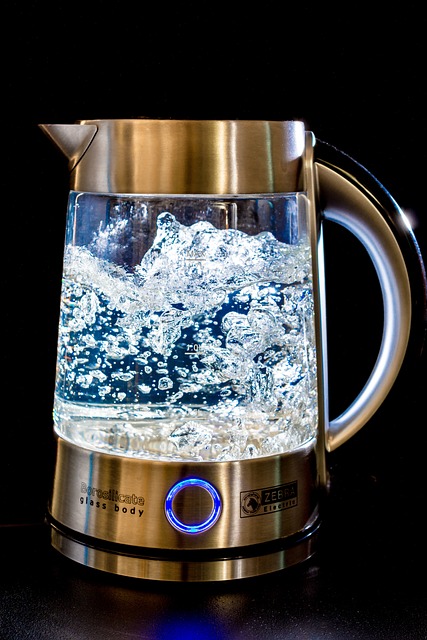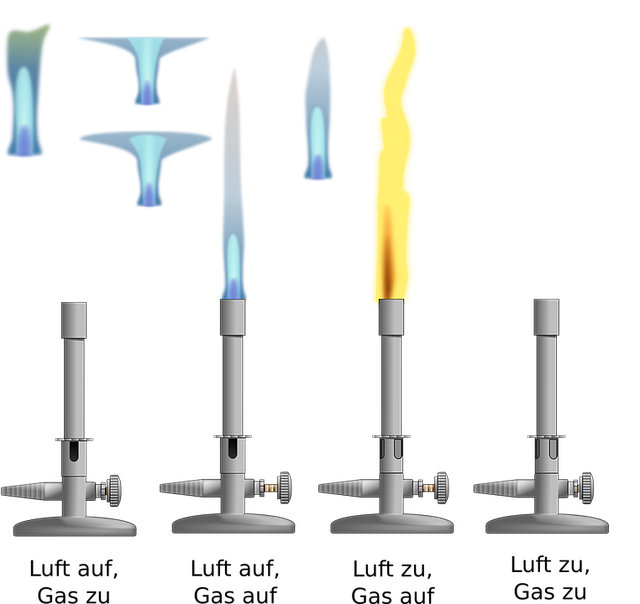Regular water heater maintenance is crucial for preventing common issues, ensuring safety, and managing energy costs. Consider repairing if your heater is relatively new with minor problems, but replacement may be necessary for older heaters with frequent repairs or severe performance issues. Key maintenance steps include inspecting for damage, checking connections, annual flushing, monitoring energy bills, and addressing unusual noises or smells promptly. Proactive maintenance guarantees a reliable hot water supply, an essential modern comfort.
Troubleshooting water heater problems is a common household task, but knowing when to repair or replace can be challenging. This comprehensive guide explores common water heater issues and provides insights on maintenance practices to ensure longevity. Understanding the signs of a failing water heater is crucial for making informed decisions. We’ll navigate when it’s time for a repair or a replacement, offering practical tips to extend the lifespan of your hot water supply system.
- Understanding Common Water Heater Issues
- When to Repair vs. Replace Your Water Heater
- Maintenance Tips for Long-Lasting Hot Water Supply
Understanding Common Water Heater Issues

Water heater problems are common, and understanding these issues is a crucial part of water heater maintenance. Some of the most frequent concerns include reduced hot water flow, heating element malfunction, tank rumbling or banging sounds, excessive energy bills, and signs of corrosion or leaks. These problems can range from minor inconveniences to serious safety hazards, such as scalding or even explosions caused by gas leaks.
Regular maintenance, including flushing the system and checking for sediment buildup, can prevent many of these issues. However, if your water heater is old (typically over 10 years), has multiple repair history, or exhibits severe performance issues, it might be time to consider replacement rather than repair.
When to Repair vs. Replace Your Water Heater

When deciding whether to repair or replace your water heater, it’s crucial to consider its age and overall condition. If your water heater is relatively new and has only shown minor issues, repairs might be a viable option. Simple problems like a leaky valve or a malfunctioning thermostat can often be fixed with minimal cost and hassle. Regular water heater maintenance, including annual inspections by professionals, can also help identify potential issues early on, making repairs more practical.
However, if your water heater is older—typically over 10 years—or has experienced multiple repair calls in recent years, replacement might be the better choice. Beyond a certain age, water heaters lose efficiency and start to consume more energy. Major breakdowns that involve costly parts or complex fixes can also signal that it’s time for an upgrade. Remember, preventing major issues through prompt maintenance is key, but sometimes, despite our best efforts, replacements become necessary.
Maintenance Tips for Long-Lasting Hot Water Supply

Regular water heater maintenance is key to ensuring a long-lasting, efficient hot water supply. Start by inspecting your unit for any visible signs of damage or corrosion. Check the connections and lines for leaks or wear and tear; tight connections can prevent costly damage down the line. Emptying and flushing the heater at least once a year removes mineral buildup and sediment that can reduce efficiency and even cause failure.
Additionally, keep an eye on your energy bills—a sudden spike could indicate a problem with your water heater. If you notice any unusual noises or smells, or if your heater struggles to heat water as effectively as it used to, it might be time for closer inspection or professional evaluation. Proactive water heater maintenance not only extends its lifespan but also ensures consistent access to hot water, an essential comfort in modern living.
Regular water heater maintenance is key to preventing costly repairs or premature replacements. By understanding common issues and implementing preventive measures, you can extend the lifespan of your hot water supply system. Remember, timely repair or replacement decisions are crucial, so stay vigilant for any signs of trouble. With proper care, your water heater can provide years of dependable service.
